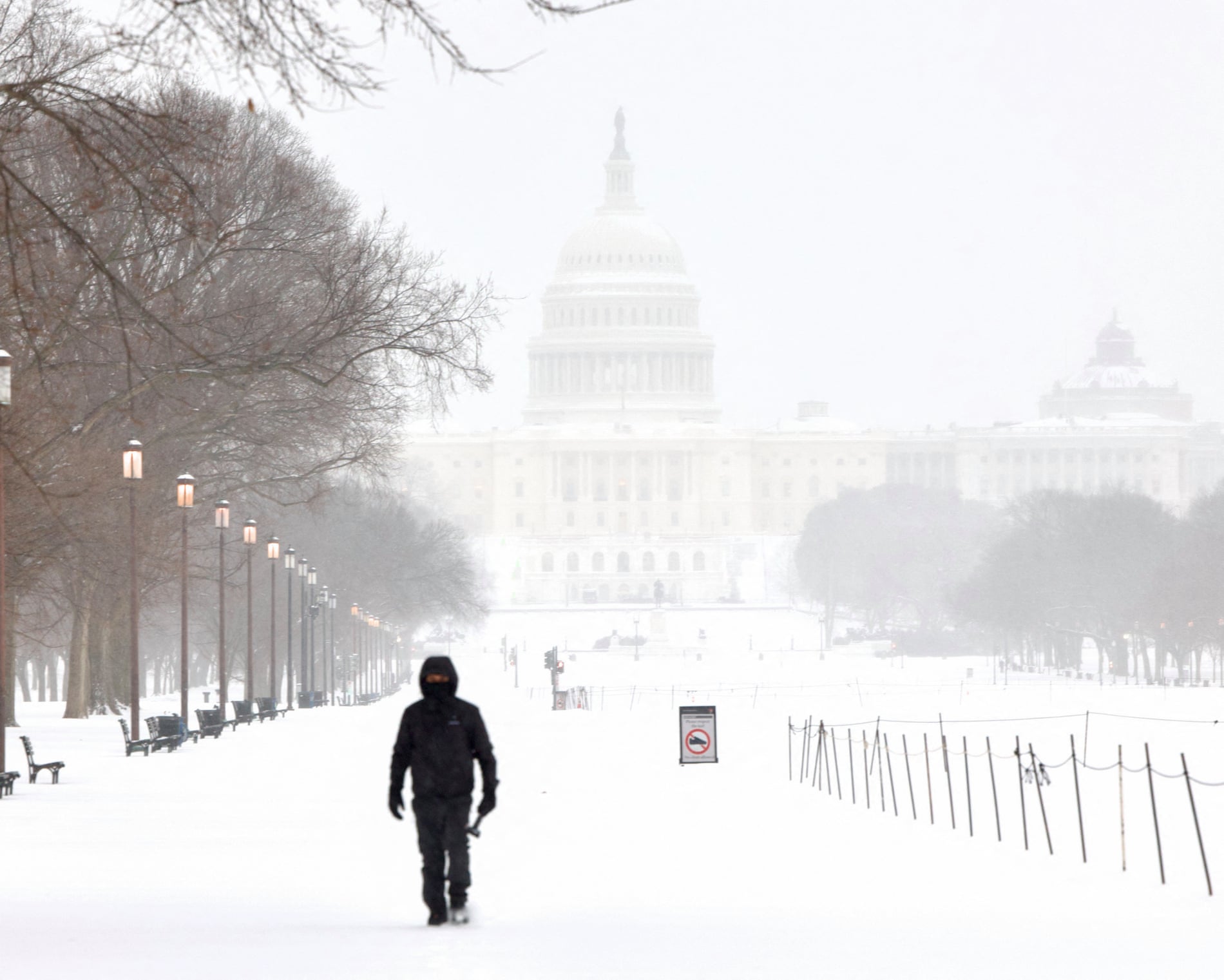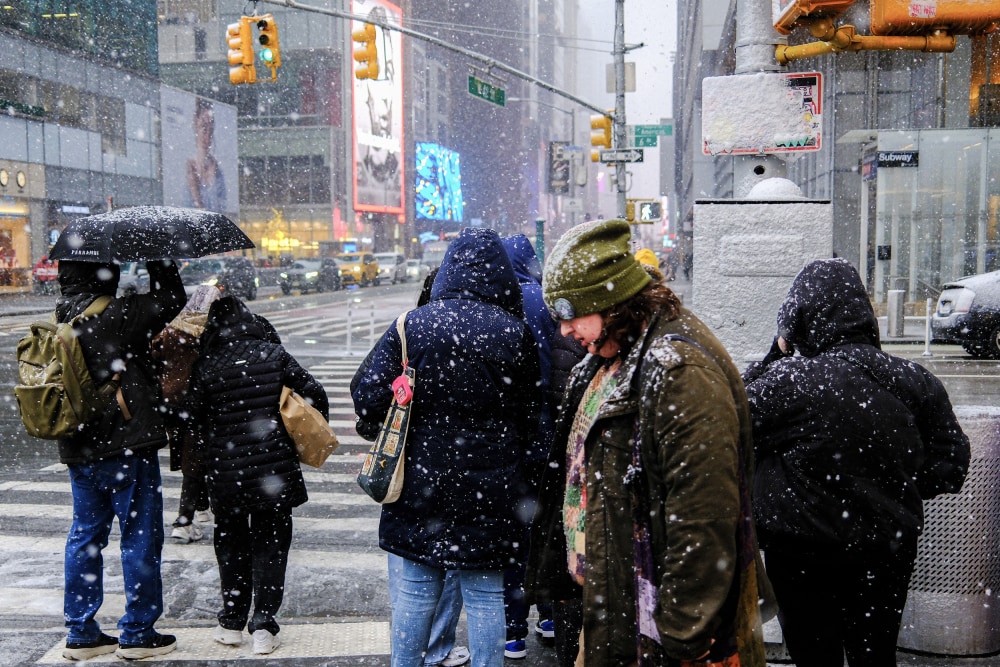 Concerns are mounting over the chemical dispersants BP's using to fight the oil spill in the Gulf of Mexico now that over 1 million gallons of the chemical have been pumped in Gulf waters. Nonetheless, a federal study says using the dispersants are less harmful to the environment than allowing the oil to reach shorelines.
Concerns are mounting over the chemical dispersants BP's using to fight the oil spill in the Gulf of Mexico now that over 1 million gallons of the chemical have been pumped in Gulf waters. Nonetheless, a federal study says using the dispersants are less harmful to the environment than allowing the oil to reach shorelines.
"Up to this point, (the) use of dispersants and the effects of dispersing oil into the water column has generally been less environmentally harmful than allowing the oil to migrate on the surface into the sensitive wetlands and near shore coastal habitats," the report done for the National Oceanic and Atmospheric Administration.
But retired Coast Guard Adm. Thad Allen said Monday that officials are now worried about the toxicity of the chemicals — Corexit 9500 and Corexit EC9527A — and will begin cutting back on their use.
"I believe they're worthwhile. But I think there's enough concern as we approach the million-gallon mark ...regarding the unknown implications of that amount of dispersants," Allen said.





 At least seven people are dead as the result of a monster winter storm in the...
At least seven people are dead as the result of a monster winter storm in the... The world has entered an era of “global water bankruptcy” that is harming billions of people,...
The world has entered an era of “global water bankruptcy” that is harming billions of people,... A major winter storm is set to sweep the nation this weekend, bringing snow, sleet, ice...
A major winter storm is set to sweep the nation this weekend, bringing snow, sleet, ice... The aurora could be visible across Canada and much of the northern tier of US states...
The aurora could be visible across Canada and much of the northern tier of US states...






























